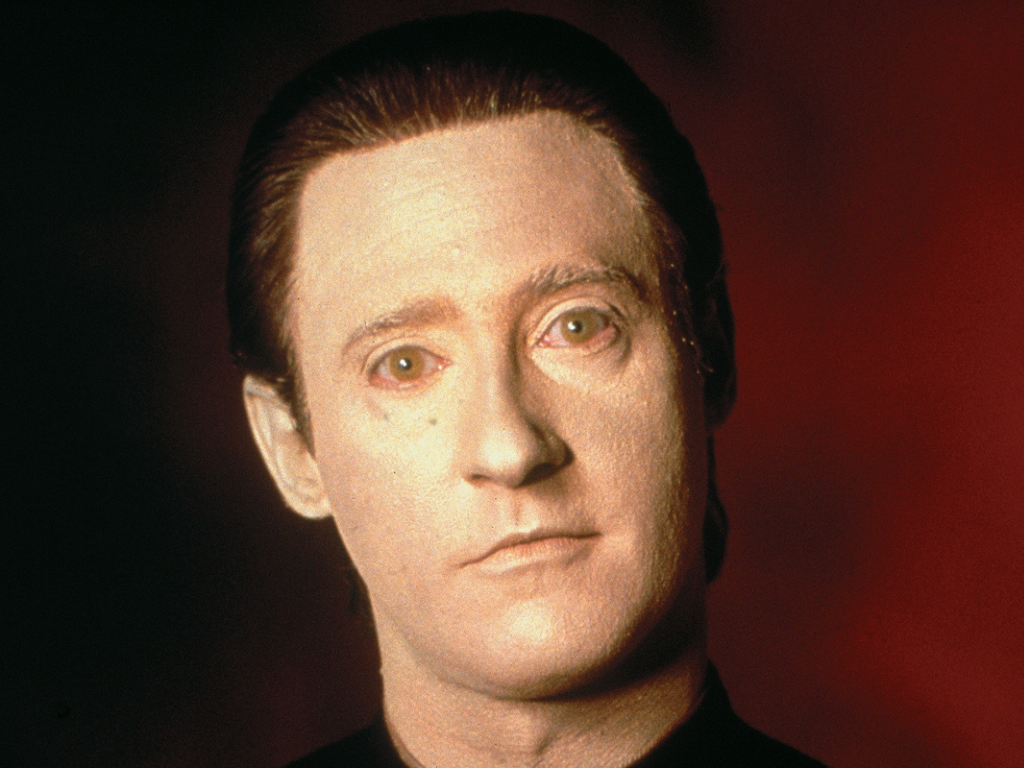What Does it Mean to Be Human?
This was a question that Data constantly was struggling with in Star Trek Next Generation. It is a question that is the subject of philosophy, religion, law, metaphysics and for our purposes, medicine. It is the core argument in our modern health care system. Since our health care system is based on profit (even with non-profits), it encourages automation because automation increases profit. But the downside of increasing reliance on automation is the loss of humanization. And since we are human, the removal and reduction of humanization is causing our health care system to treat us as machines, not as people.
Each day our health care system demonstrates that it views us as a machine. Emotions, thought processes, memory, even our very soul may make us a miracle, but we are still defined in mechanistic terms which simply reinforces and justifies more automation. Anything that is not testable, not objectively proven, not definable, is discarded from our health care process.
This is where natural medicine steps in. We understand the involvement of these intangibles in our health because we feel the effect of these things upon our minds and our bodies. And it can feel differently to each one of us. What stresses out one person may be another person’s impetus for change. What flows through our minds is unique to each of us and it is this stream of thought and information that intersects with our own innate healing ability. No one can explain why or exactly how healing takes place. We may understand facets of it, but we can’t explain why one person heals and another doesn’t. We can’t explain why one person recovers and another dies.
But we do know that our life experience and our health history play a huge role, one that is directed and guided by our thoughts, feelings and intuitions. Until our health care system creates space for these human qualities, true healing will never be able to occur. The further down the mechanized highway, the further from true lasting solutions we will be.
